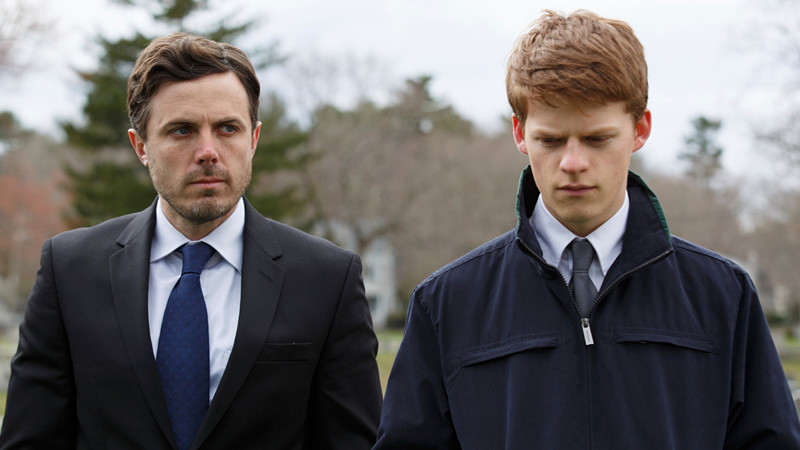
Movies, in their purest form, have an extraordinary ability to evoke the deepest human emotions within their viewers. Some films can be so deeply touching, irksome or elating that it leaves us in a totally different mood when the credits roll. This is even more fitting when the movie carries a moral or ethical message.
Despite the fact that movies are a work of fiction, the stories they portray and the dedicated turns actors give to them are often a beautiful, if a little painful, reflection of real life, even in the most outlandish scenarios. The relatability of hurt, fear, angst and happiness are an endless medium through which the audience can connect, and the possibilities are without limit. A heartfelt script, empathetic direction and frank performances are a proven recipe to impress upon the viewer.
In a bid to celebrate the immeasurable ability of cinema to provoke a reaction in its audience, here is a list of films that are certain to make for an emotional experience. From frustration to grief, and happiness to relief, this list documents a highly varied continuum of the astonishing array of emotions cinema can pull from its audience. Watching each of these films is sure to leave the viewer emotionally exhausted for a variety of different reasons.
1. The Hunt (Thomas Vinterberg, 2012)
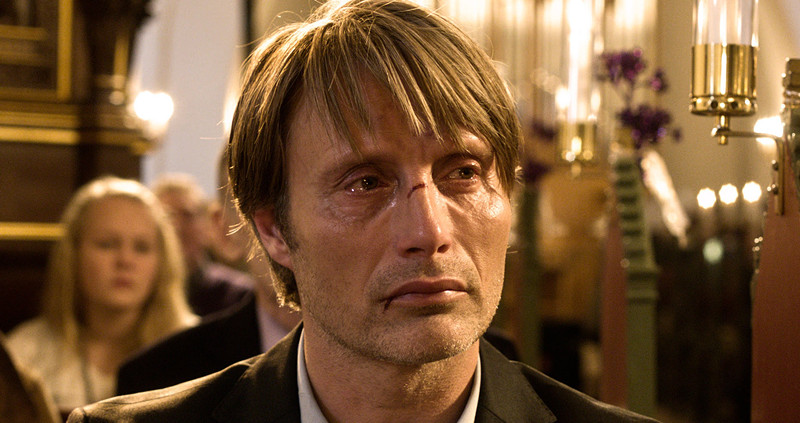
‘The Hunt’, from Danish director Thomas Vinterberg is a deeply frustrating and morally compromising picture featuring Mads Mikkelsen as a quiet preschool teacher named Lucas who is wrongly accused of molesting one of the children. To make matters worse, the alleged victim just so happens to be Klara (Annika Wedderkopp), his best friend’s daughter. From Lucas’ confusion, to Klara’s inner struggle with telling the truth, while being stifled by the adults around her, makes for a piece of celluloid that will capture both one’s attention and anxiety.
Watching the modern-day witch hunt experienced by Lucas at the hands of his own friends, is an entirely irksome and frustrating experience, but one that is deeply enthralling. As Lucas sinks deeper into the accusatory isolation enforced by those he used to call friends, the viewer is placed on tenterhooks hoping and pleading for the film’s plot to swerve in favour of revealing the truth.
A scattering of moving scenes involving Lucas receiving the support of his son, his friend Bruun (Lars Ranthe) and loyal dog Fanny ensue, and it soon feels as if the viewer is part of Lucas’ tiny defence team. ‘The Hunt’ presents a stark picture displaying the damage a single lie can do, and the taint it can leave on lives and communities. A frustrating watch, it is nevertheless a film where you are utterly tied to its protagonist and are mentally screaming for a resolve.
2. Hunger (Steve McQueen, 2008)
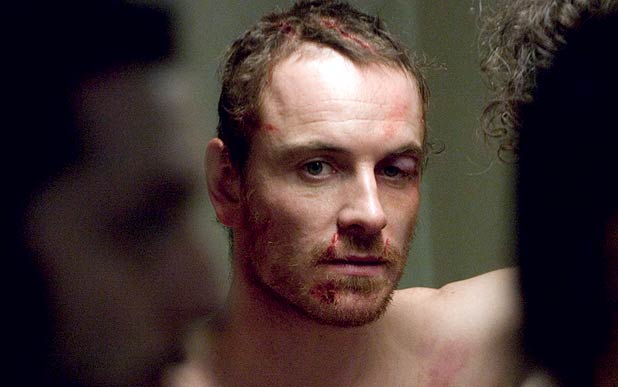
‘Hunger’ is a tragic film documenting the hunger strikes committed by the Belfast prisoners during the troubles in Northern Ireland, particularly the grizzly life-ending stint endured by Bobby Sands (Michael Fassbender). Apart from displaying horrendously realistic, disgusting and invasive prison conditions, the film’s latter third is ultimately its most gruelling.
The compilation of Sands’ chronologically worsening condition is uncomfortable to witness, to say the least, but when it is prefaced by Fassbender’s determined discussion about preserving the freedom of his country and the relation of a boyhood anecdote with strong parallels for the present climate, it becomes heartbreaking. Yet, seeing the strength of a man clinging desperately to life in a bid to change the course for his country, is oddly hopeful and inspiring, too.
Overall, the frank nature with which director Steve McQueen approaches Sands’ battle forces the viewer to face the grizzly nature of his demise, as well as to understand the gravity of this particular event in Irish history. If Sands’ profound patriotism doesn’t leave the viewer in awe, the suffering he endures in order to stand for his country in the wake of Thatcherite policies certainly will.
3. Merry Christmas Mr Lawrence (Nagisa Ōshima, 1983)
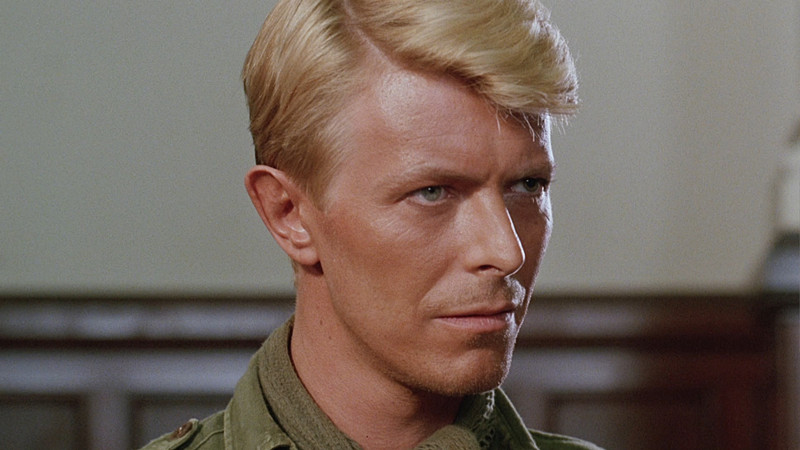
With a beautiful score by Ryuichi Sakamoto, ‘Merry Christmas Mr. Lawrence’ is immediately enveloped in a climate of the profound sadness of war. Starring David Bowie and Tom Conti, ‘Merry Christmas Mr. Lawrence’ is a deeply moving picture detailing the tragic nature of war. Morally complex, the movie sacrifices intricate battle scenes and replaces action with emotional sequences exploring the intermingling of different cultures under the umbrella of war.
Focusing on a long stint endured by British and Australian prisoners of war in Japanese camps during World War II, the film alludes to the bonds formed both by men sharing this uncomfortable experience, as well as those formed between those which the context of war has pitted against one another. The frustration and stoicism expressed by the titular character and his fellow POW Jack (Bowie),
What is perhaps the strongest element of this film is the impression that amicable and even affectionate relationships When the tides of battle are turned so swiftly on their head, those bonds must be severed. In a series of tense scenarios, as well as heartfelt flashbacks, the film instills a powerful sentiment within the viewer regarding the emotional scars of war.
4. Synecdoche, New York (Charlie Kaufman, 2008)
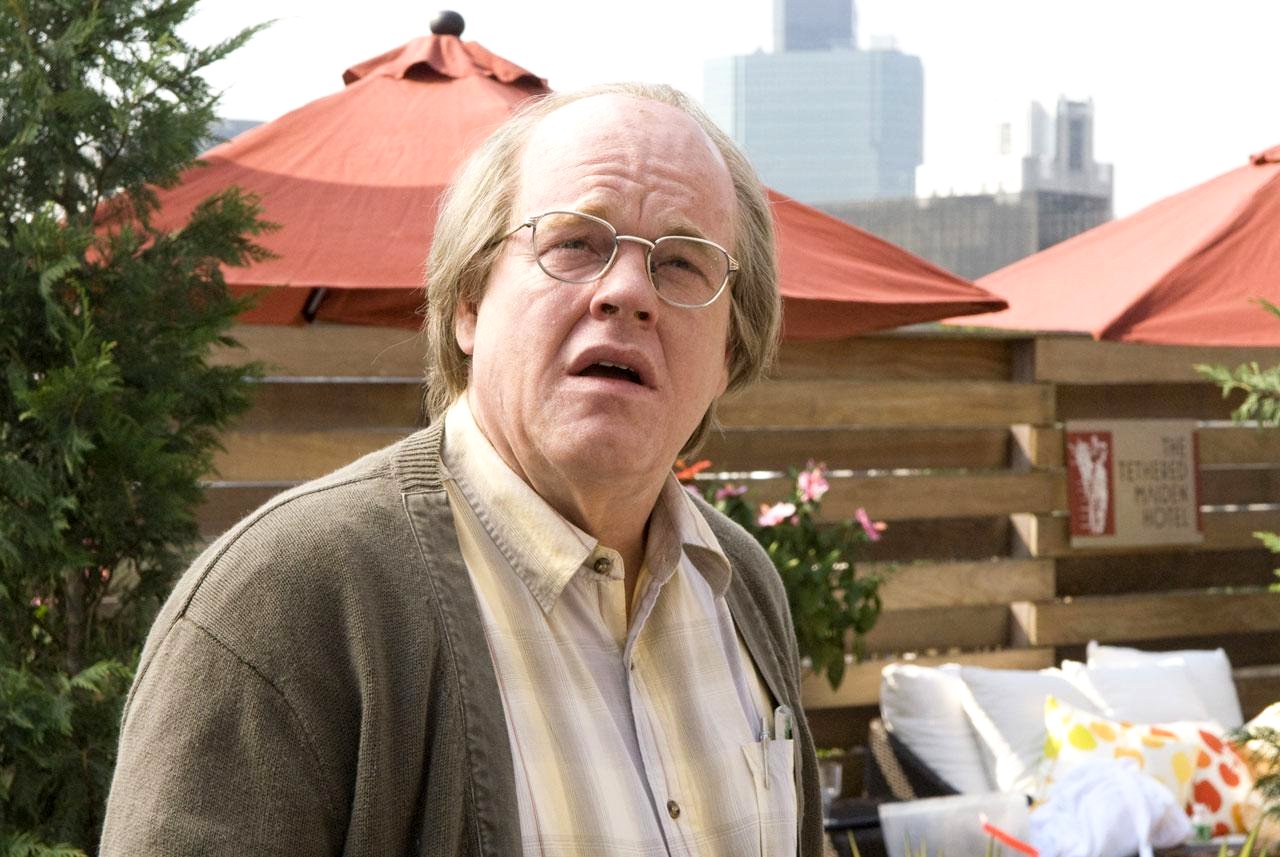
Perhaps Charlie Kaufman’s most abstract picture prior to the release of ‘I’m Thinking of Ending Things’ earlier this year, ‘Synecdoche, New York’ is a film that may take a couple of watches to fully comprehend. Nevertheless, the emotional weight with which it carries is unmistakable, even on the very first viewing.
The film is an allegory for life itself wrapped in the story of a struggling playwright named Caden Cotard (Philip Seymour Hoffman). Kaufman himself has explained that the rambling, ever-expanding play of Cotard’s life within the film is a microcosmic example of life’s innerworkings. Cotard desperately clinging to the faces of his past, stumbling into new ones, as well as juggling the resurfacing effort to reconnect with his estranged daughter, break through the fragmented plotline to hit home with the audience.
While the film may not be directly understandable on initial viewing, the phenomenal performance by the late Philip Seymour Hoffman, as well as the intricate screenplay are enough to convey the primal emotions evoked by life’s complexities. In spite of Cotard’s strange encounters and raging hypochondria, his ponderings of death and the futility of our existence are painfully relatable. Indeed, Kaufman’s non-linear chronology and evasive plot are perhaps an unsuspecting but powerful way of drawing our emotions, the very emotions we share with Cotard, out.
5. Buried (Rodrigo Cortés, 2010)
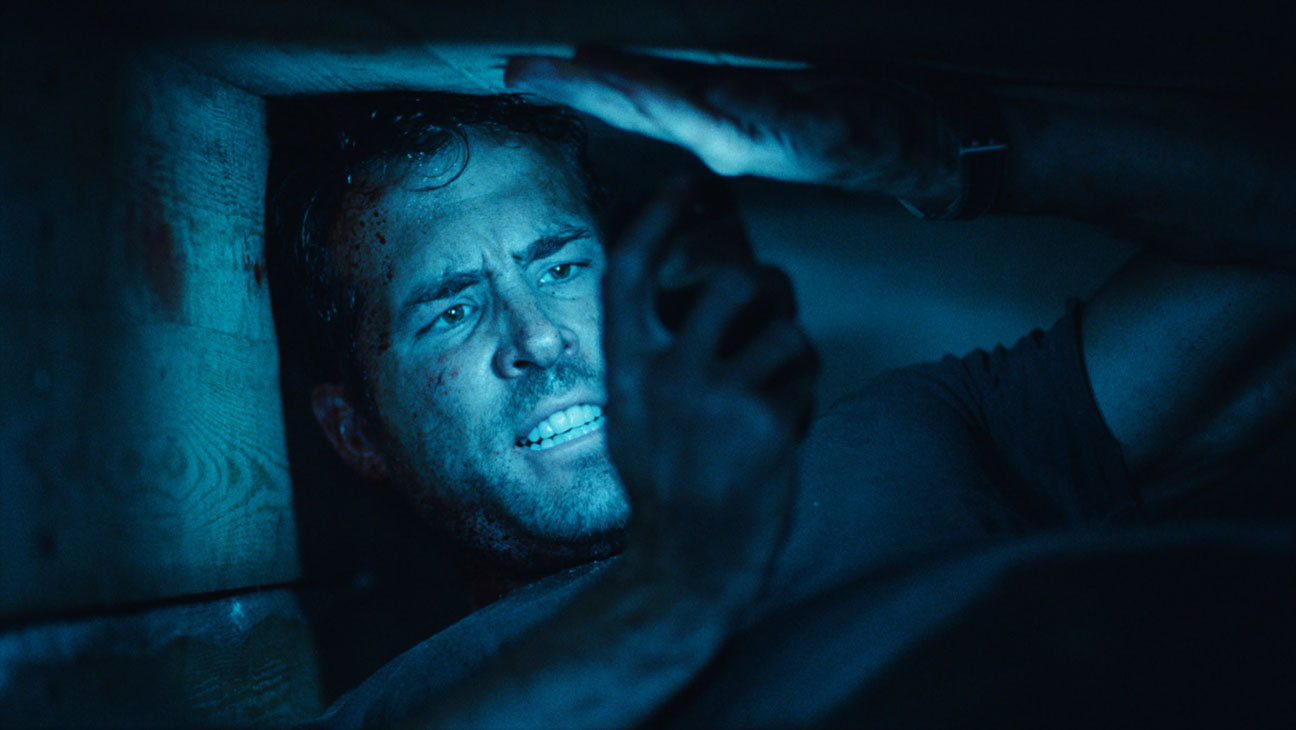
‘Buried’ is perhaps one of the most anxiety-riddled films in the history of cinema. If you suffer with claustrophobia, then ‘Buried’ is guaranteed to be an uncomfortable viewing experience. From its commencement, the film plunges its viewer into a horrific situation. Ryan Reynolds plays Paul Conroy, a man placed in a wooden coffin below ground while working in Iraq, with little more than a phone and torch to keep him from plunging into darkness.
The futility of his situation, as well as the undulating opportunities of escape quickly ripped out from under him, is enough to make anyone squirm. But when paired with the single setting, the viewer shares the boxed in feel alongside Paul for the entirety of the film.
‘Buried’ is a film that will leave even the most logical and measured minds itching for release. It is a relentless anxiety-ridden trip that has one of the most adrenaline inducing payoffs in any film, with a completely unexpected ending. It lures both Paul and the viewer into a false sense of security. Ultimately, the film ruthlessly builds panic and frustration by using the space in the narrow coffin and empathy derived from Paul’s reactions to developments while inside the box to propel the viewer into a similar state of anxiety.
The emotions brought upon viewers of ‘Buried’ are far shy of pleasant, but they are undoubtedly powerful.